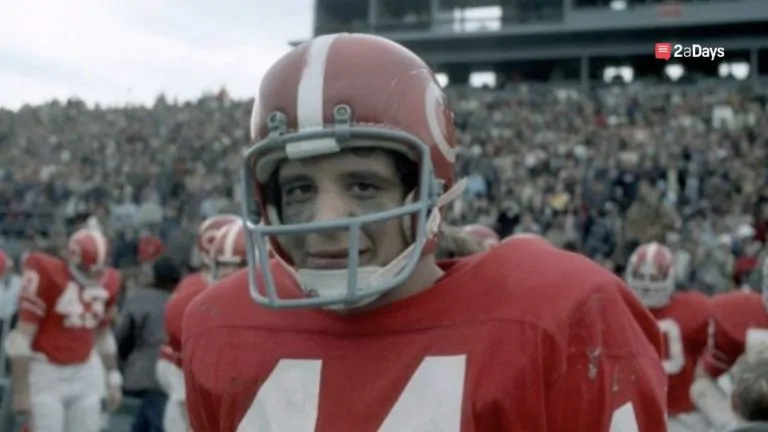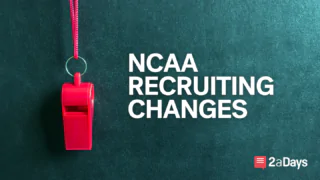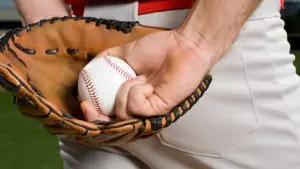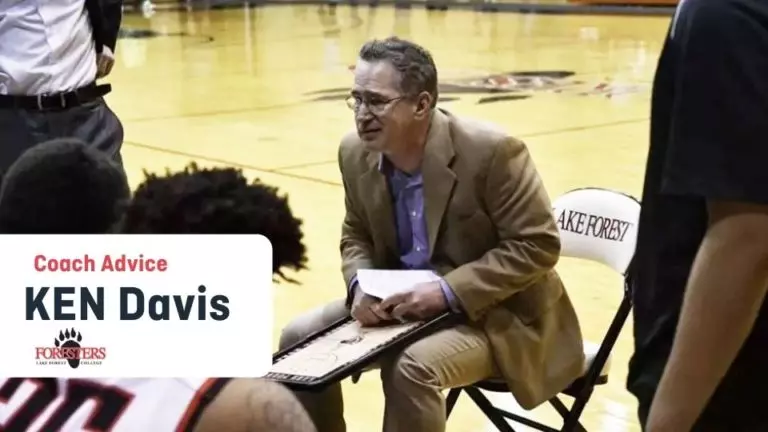As college athlete name, image, and likeness chatter continues at the close of the year, Mississippi senator Roger Wicker has entered the chat with a new federal NIL bill.
Last week, Wicker introduced the Collegiate Athlete Compensation Rights Act, which is a federal-level NIL bill that would expand the economic rights of college athletes—to an extent. But with all the legislation floating around, what makes Wicker's bill unique? There are a few stipulations that set the Wicker bill apart from the others, some beneficial, some not. First, let's get into the similarities.
How is Wicker's bill similar to others?
- The Collegiate Athletic Compensation Rights Act is designed to preserve the “amateur nature” of college sports, which is inherently problematic, and not remotely unique in the texts of NIL policies and laws. Although sports fans tend to romanticize uncompensated college athletes playing solely for the love of the game, amateurism actually has unsavory roots. I've covered amateurism for 2aDays before, but as a brief recap, amateurism was historically designed to form an artificial barrier between upper-class and lower-class athletes because richer athletes didn't like the idea of competing against (and losing to) poorer athletes. Today, amateurism unnecessarily bars college athletes from profiting from their NILs, so any NIL bill with an emphasis on “preserving amateurism” sends up a major red flag, because it's likely only supporting a limited extension of rights for college athletes, which leads into the next part of Wicker's bill.
- The Collegiate Athletic Compensation Rights Act prohibits athletic employment. Page 11 of Wicker's bill reads, in part: “a student athlete shall not be considered an employee of an association, a conference, or an institution based on participation in varsity intercollegiate sports competition,” and the use of “student-athlete” is strategic here. The term was coined in 1951 by Walter Byers, the NCAA's first executive director, to deny college athletes workplace rights. Around that time, the NCAA was hit with a slew of lawsuits pertaining to worker's rights and compensation, so Byers embedded “student-athlete” into all NCAA policies to argue that college athletes are students first, and not employees—and it worked! Even with all the NIL reform we've seen, none of the current NIL bills support athletic employment, which is one of the reasons that NIL policies are still restrictive, even when legislation is designed to expand these rights.
How is Wicker's bill *kind of* similar to others?
- Wicker's bill allows universities to regulate NIL activities to an extent. The bill allows institutions to prohibit the promotion of “gambling, tobacco or alcohol products, adult entertainment, or any other product or service that is reasonably considered to be inconsistent with the values of an institution.” We've seen similar language in other bills, like Anthony Gonzalez's Student-Athlete Level Playing Field Act, where institutions can limit the promotion of certain products (which in some cases, like tobacco promotion, isn't all bad, or unique in terms of athletic sponsorship norms at the professional level).
- Like many other NIL bills, Wicker's bill also doesn't allow athletes to promote brands that conflict with university sponsorships, unless 1.) the university consents to the endorsement in writing, or 2.) the university's aforementioned NIL limitations “unduly restricts student athletes from earning covered compensation for the use of the name, image, or likeness.” What is most important about these sections of Wicker's bill—and most NIL bills—is the language use, which is likely intentionally vague. For example, Wicker's bill also allows universities to “impose reasonable limits on the amount of time a student-athlete may spend to carry out endorsement activities,” which gives a lot of interpretive power to universities. Without a prior example of how NIL laws will play out, it is unclear how much leeway these bills give universities to regulate NIL activity, or how far universities will stretch their interpretations.
What sets Wicker's bill apart?
- Different isn't always good. Unlike other NIL bills, Wicker's bill prohibits college athletes from accepting NIL deals until after they have completed 12% of the credits required for graduation. While the number of credit hours necessary to complete a degree vary by institution, many schools require 120 hours over the course of four years. In those cases, a student earns 12% of their credit hours when they've completed 14.4 hours, which isn't usually possible until after students complete their first semester of coursework. The NCAA's website adds that college athletes are usually “enrolled for at least 12 credit hours in a term, even though some NCAA schools define a full-time student as someone who takes fewer than 12 credit hours in a term.” So, under Wicker's framework, it's likely that some college athletes will have to wait until their sophomore year to cash in on their NILs.
- On a positive note, Wicker's bill emphasizes educating athletes about their NILs, which is good! Specifically, the bill says that institutions “shall provide educational resources to student athletes with respect to earning covered compensation for the use of the name, image, or likeness of the student athlete.” This is a step in the right direction and a nod to an under-addressed issue in NIL reform. However, legal use of the word “shall” is vague, and it might not actually require institutions to provide NIL education for athletes. The also bill doesn't specify concrete requirements for what NIL education looks like, so it's unclear how this policy will be implemented.
It's important to keep in mind that Wicker's bill isn't law yet, so it's unlikely to be implemented for some time (if it's implemented at all). For now, keep up with 2aDays for more updates and commentary about NIL and other issues that affect college athletes.
***Katie Lever isn't a lawyer, so her articles do not provide legal advice. However, she is a former Division 1 athlete who currently studies NCAA discourse at the University of Texas at Austin, so she writes and tweets a lot about policy insights in college sports. To keep up to date, you can follow her on Twitter and Instagram: @leverfever
* Originally published on December 17, 2020, by Katie Lever, Ph. D






